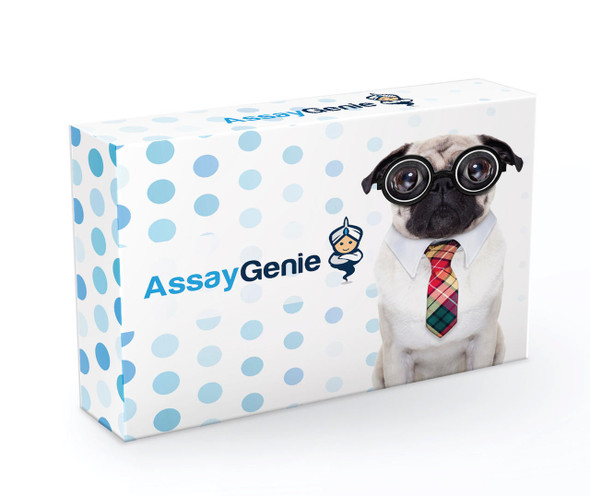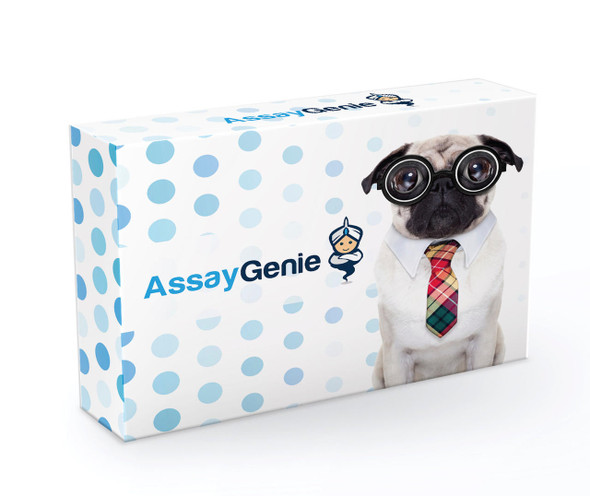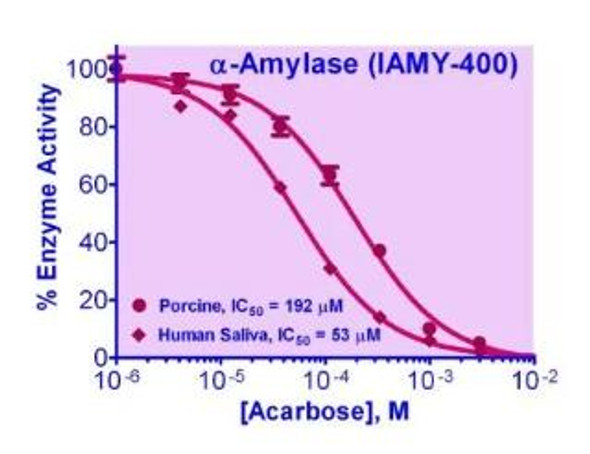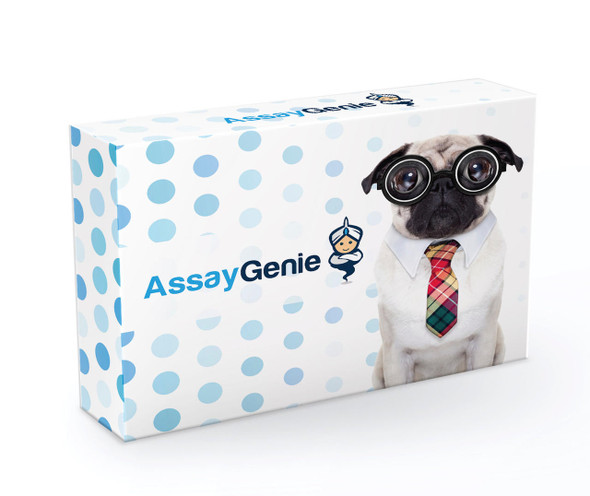Arginase Inhibitor Screening Kit (BA0193)
- SKU:
- BA0193
- Product Type:
- Assay
- Instrument:
- Microplate Reader
- Sample Type:
- Arginase
- Research Area:
- Urea
- High-Throughput Screening
Description
About Arginase:
ARGINASE (L-arginine ureohydrolase EC 3.5.3.1) is present in mammals and plants. In humans, arginase is expressed predominantly in the liver, and to lesser degrees in breast, kidney, testes, salivary glands, epidermis and erythrocytes. Arginase catalyzes the conversion of arginine to ornithine and urea, important for protection against NH3 toxicity and for cell growth and repair. Excessive arginase activity has been linked to cardiovascular diseases, also contribute to vascular structural problems and neural toxicity. Studies show that arginase inhibitors have been proved to be beneficial in cardiovascular and nervous system diseases. Simple, direct and automation-ready procedures for measuring arginase inhibition are highly desirable in Research and Drug Discovery.
How our Arginase Inhibitor Screening Kit Works:
Reagent Genie's arginase inhibitor screening kit provides a sensitive and convenient method to screen for arginase inhibitors. The method utilizes a chromogen that forms a colored complex specifically with urea produced in the arginase reaction. The intensity of the color is directly proportional to the arginase activity in the sample. Percent inhibition of a test compound can be determined by comparing the color intensity of the reaction preincubated with the test compound with the color intensity of an untreated control reaction.
Key Features:
- Safe.Non-radioactive assay.
- Rapid and reliable.
- Can be completed in less than 2 hours and no 37°C heater is needed.
Arginase Screening Kit Information:
| Application: | HTS for inhibitor screening and evaluation of arginase inhibitors. |
| Method: | OD430nm |
| Sample: | Arginase |
| Species: | All |
| Procedure: | 1 hour 45 min |
| Size: | 100 tests |
| Detection limit: | The following protocol is optimized for human arginase I. Dilute purified arginase to 0.0012 U/µL using dH2O. |
| Shelf Life: | 12 months |












